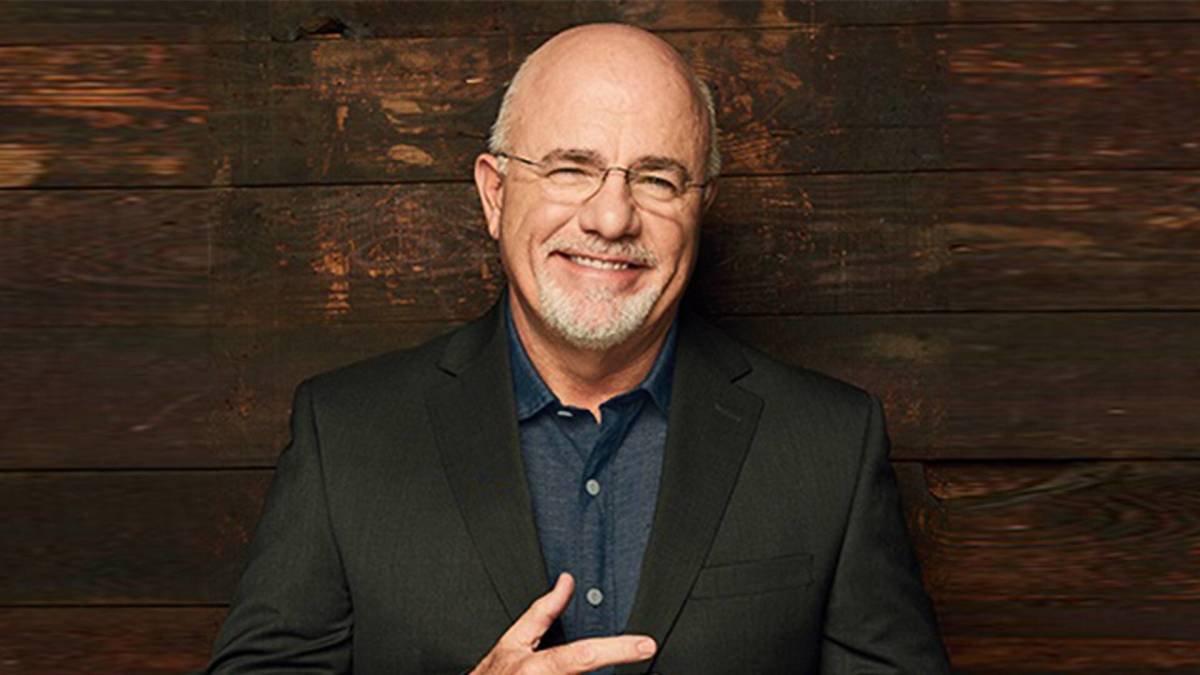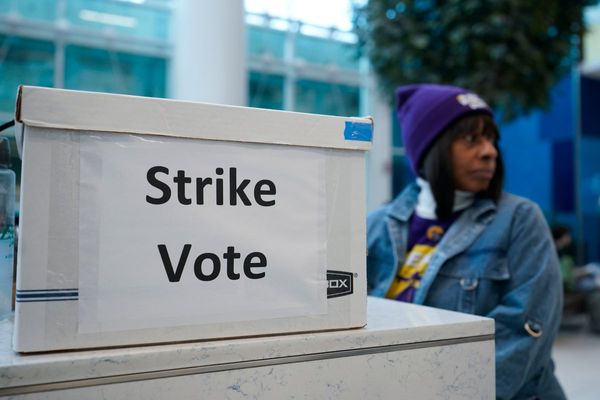
Personal finance radio personality and author Dave Ramsey speaks frequently about some of the basics involved with handling money.
One of the first things he believes people who are getting serious about finances should do is create an emergency fund to cover unexpected expenses.
The next step Ramsey advises is to get completely out of debt, except for a mortgage on a home if a person has one. A mortgage is different than other debt because it is secured by the value of the home.
The debts to pay off first include cars, credit cards and student loans, Ramsey counsels. And he suggests paying them off one by one using what he calls the debt snowball method.
"Put them in order by balance from smallest to largest — regardless of interest rate," he wrote on his website, Ramsey Solutions. "Pay minimum payments on everything but the little one. Attack that one with a vengeance. Once it's gone, take that payment and put it toward the second-smallest debt, making minimum payments on the rest."
Once that is achieved, Ramsey advises investing 15% of a person's household income in retirement.
His next recommendations are saving for college funds and paying the home off early. Then, Ramsey says, a person is in a position to build wealth and to give.

TheStreet
The trick is to stay motivated
In order to work successfully through these steps, it is important, Ramsey says, to stay motivated and on budget.
"Sometimes the excitement of having fun right now or the short-term thrill of impulse spending can take our eyes off our priorities," he wrote. "And sometimes life gets so busy that we lose focus on how to stay on budget."
"As a result, our budgeting — a major key to financial peace — takes a back seat. It happens to everyone. So first, show yourself some grace," he added.
Ramsey believes that, while budgeting can be exhausting, it is worth it in the end.
"You can't take charge of your money without a budget," he wrote. "Why? Because when you budget, you tell every dollar what to do. Every. Single. Dollar. That’s taking control!"
"So maybe you don't wake up early when it's time to create a new budget because you just can't wait to get started," he added. "That's okay. You don't have to be jazzed about the process of budgeting as long as you’re pumped about what budgeting does for you, today and in the long run."
Ramsey offers some tips
Because staying motivated to keep on budget is difficult, Ramsey put together a few suggestions on his website.
One of those tips is the mental exercise of making goals visual.
"Hang up images around the house that represent your financial goals," Ramsey wrote. "Paying off that car? Put a picture of it on your fridge to remember why you're cooking at home instead of ordering that pizza. You're adjusting your budget and living by it so you can make big things happen. So, make sure you're reminding yourself of those big things. Every. Day."
Ramsey also encourages people to celebrate wins, both big and small.
"If you're motivated by rewards, don't feel bad," he wrote. "First of all, that's natural. Second, use that to keep up your money motivation. When you reach a goal — even a small one — celebrate! After you budget three months straight, pay off a debt, or cut extra spending for 30 days, treat yourself to a budget-friendly reward."
The bestselling author also has a few words to say about use of social media.
"Let's be honest, your budget is more important than your Instagram feed," Ramsey wrote. "Yes, we said it! It's way more important to track expenses and stay on top of your spending than it is to see what a near-stranger is having for dinner. Of course, it's okay to jump on social media, but make sure it's not getting more of your attention than your money goals."
Ramsey adds a banking tip as well to help people with staying true to a budget.
"Wherever possible, put your goals on autopilot," he wrote. "Set up automatic bank drafts that send money directly to your retirement accounts, mortgage company or lenders."
"If you never see the money in the first place, you're less likely to miss it — and more likely to be pleasantly surprised by your progress along the way," Ramsey added.
Get exclusive access to portfolio managers and their proven investing strategies with Real Money Pro. Get started now.







